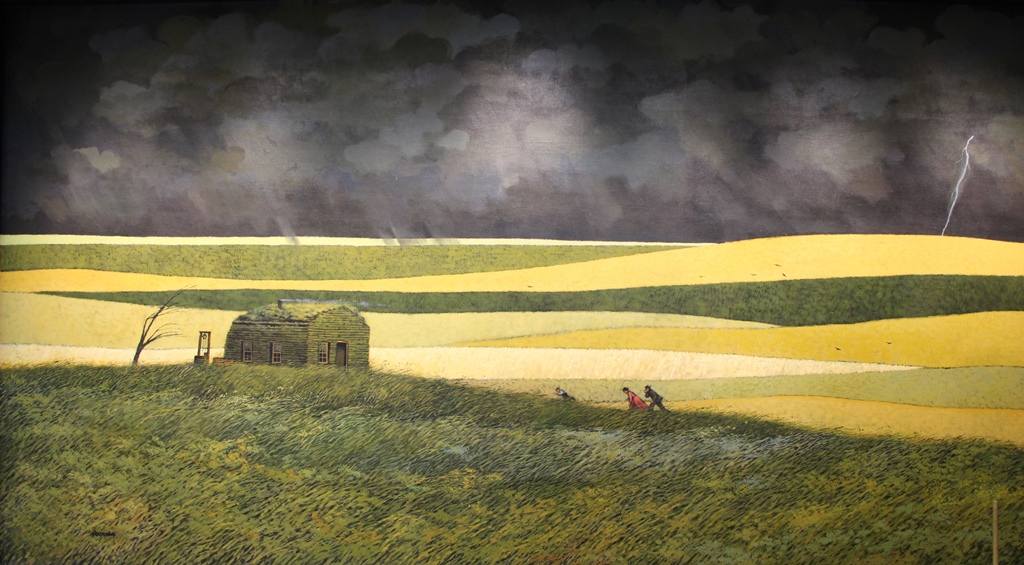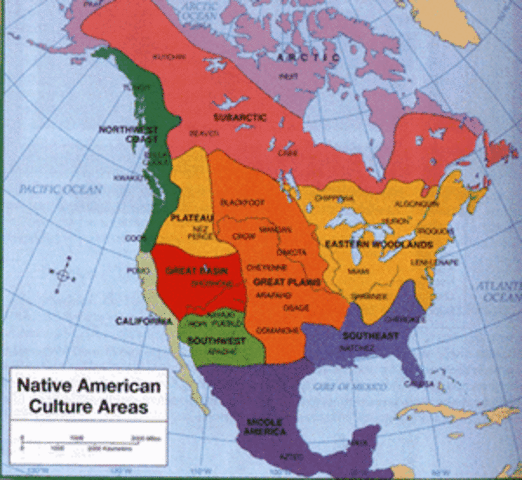

The Lost Cause has lost much of its academic support but continues to be an important part of how the Civil War is commemorated in the South and remembered in American popular culture. Providing a sense of relief to white Southerners who feared being dishonored by defeat, the Lost Cause was largely accepted in the years following the war by white Americans who found it to be a useful tool in reconciling North and South. It is certainly an important example of public memory, one in which nostalgia for the Confederate past is accompanied by a collective forgetting of the horrors of slavery. For this reason, many historians have labeled the Lost Cause a myth or a legend.

Developed by white Southerners, many of them former Confederate generals, in a postwar climate of economic, racial, and social uncertainty, the Lost Cause created and romanticized the “Old South” and the Confederate war effort, often distorting history in the process. The Lost Cause is an interpretation of the American Civil War (1861–1865) that seeks to present the war, from the perspective of Confederates, in the best possible terms.


 0 kommentar(er)
0 kommentar(er)
